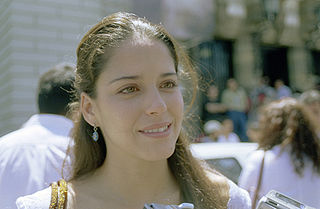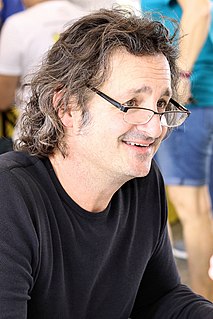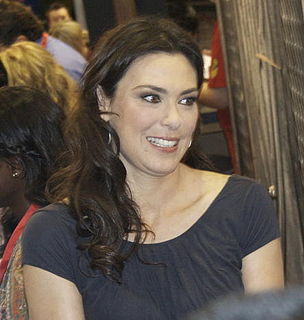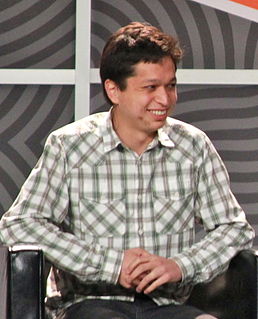A Quote by Marco Pierre White
Today there are very few chefs at that high level who are behind their stoves. You don't feel their presence within the room. Where's the romance? Where's the show? Where's the theater? The modern day restaurant - it's like dining in a chapel. It's boring.
Related Quotes
One restaurant I visit without fail, whenever I'm in the Bay Area, is the Boulevard at 1 Mission Street, a few strides from the waterfront. It has excellent food and wine very much in the modern California style, but I go there less for any one dish than for the pleasure of dining with the restaurant's chefs.
I came from the old world of gastronomy. Many years ago I walked into the kitchens of the Hotel St George and I feel very fortunate that I worked for chefs that were behind their stoves. I saw that world of gastronomy. I can sit here today and say that I saw the golden age of gastronomy. It's gone, it's gone. It's never going to have that anymore, once the accountants get involved the romance fades. That's the reality.
We have very professional, amazing chefs that are contestants. Most of them have their own restaurants and are settled, recognized chefs in Mexico. That gives the show [Top Chef] a different level completely; the gastronomic level is very high. It makes it all more interesting and the competition is just harder and harder.
If you look at some shows that have an ugly feel to them, or a nihilistic sort of feel to them, you'll usually find a group of cynical, unhappy, miserable people behind the production. If you see a show that's rather boring, or a cookie-cutter factory show, you'll usually find some pretty uninteresting, boring people behind it.
The level of competition on 'Iron Chef' was very intense. In fact, I feel like the show provides chefs with a stamp of approval and in many ways lets them know that 'they've arrived.' It was a tough journey, to say the least, but in the end, it provided me with an example how hard work and persistence pays off.




































